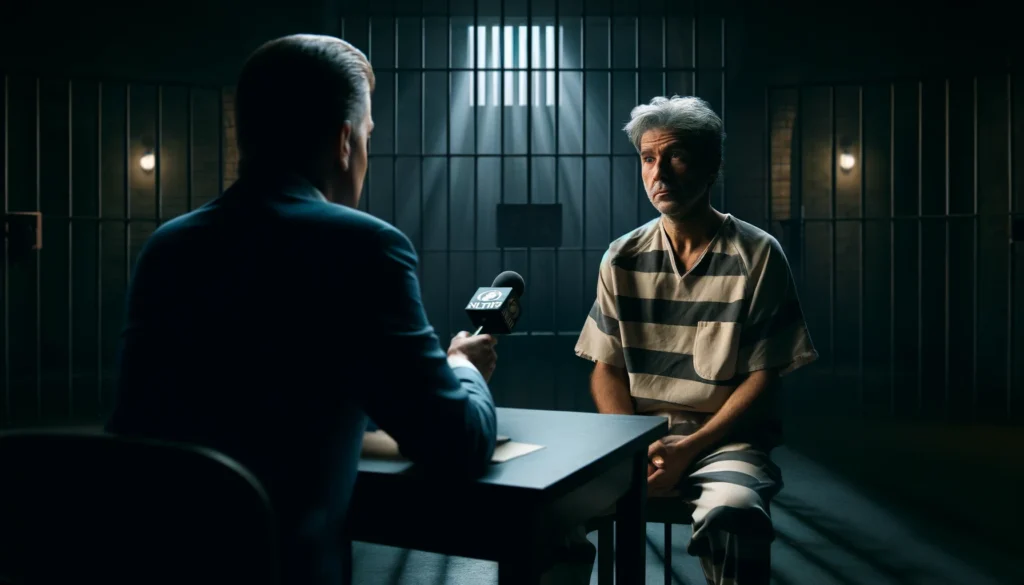In a remarkable turn of events, MSNBC has sought the insights of incarcerated felon Michael Avenatti to weigh in on the upcoming criminal trial of former President Donald Trump in Manhattan. Highlighting the controversial nature of the case and raising questions about the fairness of the trial, Avenatti lays out his concerns about the potential bias that may be faced by Trump’s defense.
Avenatti, once a prominent attorney, is currently serving a prison sentence for his own convictions of extortion, fraud, obstruction, and identity theft. Despite his tarnished reputation, MSNBC’s Ari Melber interviewed Avenatti on Tuesday to gain his perspective on Trump’s impending trial, where the former President faces 34 felony counts.
When asked whether he has been in touch with District Attorney Bragg’s office or the defense, Avenatti remained elusive, stating that he declines to answer the query. However, he addressed the second part of Melber’s question, emphasizing the problems in the current case against Trump. Avenatti claimed that he is not suggesting that Trump won’t be convicted, but maintained that criminal defendants generally don’t receive a fair shake in the justice system.
Avenatti expressed his doubt that Trump could receive a fair trial in New York and challenged those who believe otherwise, inviting them to consider the possibility of the case being moved to Mississippi or Alabama. He claimed that if they were honest, they would likely answer ‘no’ when asked if they believe the trial would remain fair. Avenatti thus concludes that Trump cannot get a fair trial in New York.
As the nation awaits Trump’s criminal trial, this unexpected interview sheds light on the ever-present concerns surrounding the fairness of contested judiciary processes. The high-profile nature of the trial and the potential influence of regional bias elevate these concerns beyond mere conjecture.
While Avenatti’s own criminal past raises eyebrows about the validity of his opinion, it highlights the skepticism surrounding this case. It also contributes to the narrative that even those who are serving time for their own crimes can still offer their unique insights and experiences to evaluate others’ legal battles. Regardless of Avenatti’s credibility, his comments force us to question the integrity of the legal proceedings in such a charged political environment.
As Trump’s trial approaches, it remains to be seen whether these concerns will have any bearing on the verdict. The case will undoubtedly be subject to intense scrutiny, and only time will tell if the judiciary system can rise above perceived biases and effectively deliver justice.
In conclusion, the inclusion of Avenatti’s input on the fairness of Trump’s upcoming criminal trial sheds light on the challenges facing the justice system in high-profile cases such as this. While the credibility of a convicted felon may be questioned, his unique experience allows him to raise pertinent issues surrounding the potential biases in the trial. As the nation awaits the verdict on Trump’s 34 felony counts, it is crucial that the legal system maintains its integrity, ensuring that each defendant receives a truly fair trial, regardless of their public persona.



